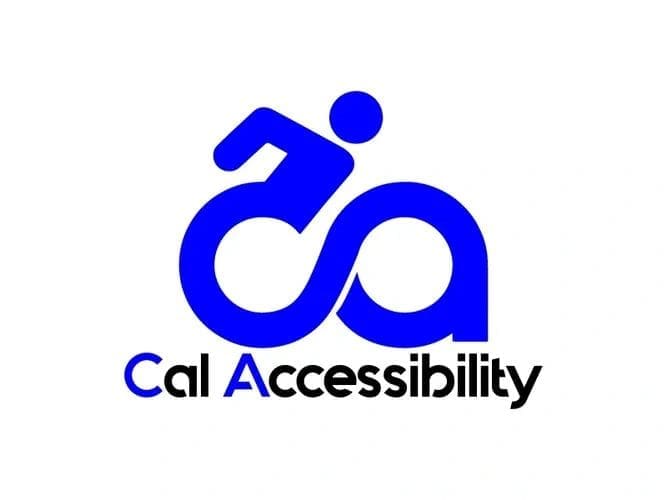Archive for April 2024
Myth #5: I Am Doing a Small Tenant Improvement Project, but I Cannot Afford the Required Accessibility Improvements. Can I Claim a Hardship Exemption?
Under the CBC, alteration projects are subject to the following compliance provisions: Area of alteration: The area of alteration must meet the accessibility provisions in accordance with current ADA and CBC requirements. ‘Path-of-travel’ Improvements: Outside the area of alteration, accessibility requirements must also be addressed. Both the CBC and the ADA require alteration projects to…
Read MoreMyth #4: Fixing My Business Will Be Too Expensive; Therefore, I Am Unable to Do Anything to Reduce My Risk.
The most important step is the first one: accept the legal responsibility to make your building or business compliant with access laws, just as you do with health and safety laws. You may be surprised that many issues, such as adding signs, re-striping parking stalls, lowering restroom mirrors, or changing door hardware, are simple to…
Read MoreMyth #3: Why Should I Comply When No One Else Does? Besides, I Can Fix Issues Once I Get Sued.
This is a flawed idea. It is illegal to violate civil rights laws. The “waiting to get sued” approach is a very costly strategy. If your business is sued for violations of the ADA, you are likely to incur substantial legal fees because if a claim is substantiated, you will be responsible for your own…
Read MoreMyth #2: My Facility Was Built With a Permit and Should Be Fine.
Unfortunately, even with building department oversight, it is common to find construction shortcomings that constitute violations of the ADA regulations or the California Building Code (CBC). (As we know, the ADA is a civil rights law not enforced by the local building department.) Shortcomings may be attributed to any number of issues, and it is difficult…
Read MoreMyth #1: My Business Does Not Need to Be Compliant Because the Building is Old and, Therefore, Grandfathered.
There are no “grandfathering” provisions. “Grandfathering” is the notion that the Americans with Disabilities Act (ADA) and state law access requirements do not apply to buildings constructed prior to the effective date of these statutes. This, however, is not true. Regardless of the age or historical importance of a building, if it is open to…
Read More